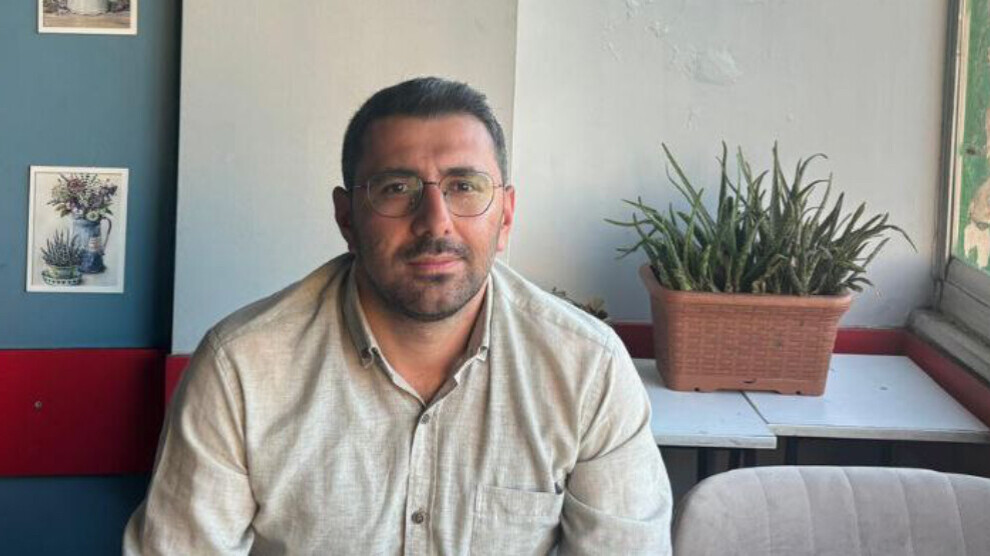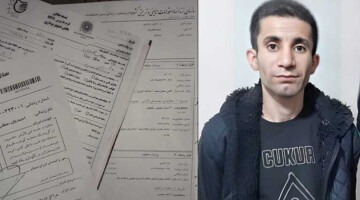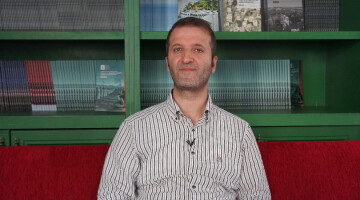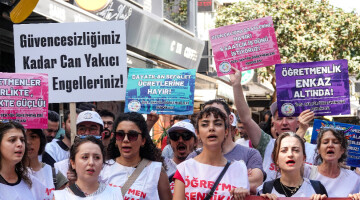Judicial control as an alternative measure to detention, as outlined in the Turkish Penal Code, has become a widespread practice. This measure is applied to a large segment of society, especially to the opposition.
Şükrü Alpsoy, a lawyer from the Association of Lawyers for Freedom (ÖHD), said that the judicial control measure is equivalent to detention and that if there is no concrete evidence justifying detention, then judicial control is also unnecessary. He stated that this practice effectively imprisons society from within.
Lawyer Alpsoy said that "detention is a preventive measure in the Penal Code and should be used only in exceptional cases. There must be concrete evidence indicating strong suspicion of a crime, risk of interfering with evidence, or risk of fleeing. A third condition is that detention must be proportionate, and part of that proportionality is whether judicial control would be sufficient." However, he said that in practice, "detention is often ordered even for simple accusations, such as actions related to the right to organize, freedom of expression, and freedom of the press. Even when there is no risk of tampering with evidence or fleeing, and judicial control would be enough, detention is still ordered."
Lawyer Alpsoy added that judicial control is actually an alternative to detention, adding: "But this does not mean that if someone is not detained, they must automatically be placed under judicial control. If all the conditions for detention are met, then detention can be applied. If judicial control is enough, then it can be applied instead. According to Article 109 of the Criminal Procedure Code, the conditions for judicial control and detention are the same. Judicial control is a serious measure and shares all the same legal grounds as detention. It should only be applied if the goals of detention can be achieved through judicial control. However, in practice, this understanding does not exist. Most detentions are already unlawful, and in addition, there is this idea of at least imposing judicial control so they don’t go free."
Lawyer Alpsoy added that judicial control measures "restrict fundamental rights and freedoms and act as serious deterrents to the exercise of citizens' rights." He said that judicial control "leads to serious intervention and violations in the area of basic rights and freedoms. For example, an international travel ban violates the right to travel and the freedom to leave the country. It also violates the right to respect for private and family life. As part of their profession, lawyers may need to travel abroad. Some people have spouses, relatives, or friends living abroad, and they cannot visit them. Sometimes judicial control measures can last for years."
He also pointed out that "the actions used as grounds for judicial control often involve the exercise of rights such as the right to protest, the right to organize, press freedom, and freedom of expression. In recent times, many people have been subjected to detention or judicial control for accusations such as propaganda or insulting the president. All of these violate the exercise of fundamental rights."
The lawyer referred to the Constitutional Court’s decision in the Nurcan Kaya case, in which the court stated that banning someone from leaving the country due to actions within the scope of freedom of expression violates that right. "The principle applied by the court - he said - is that if someone is being criminalized for an action that falls under the scope of freedom of expression, protest, organization, or press freedom—even if it should not be treated as a crime—and they are placed under judicial control with alleged concrete evidence, their rights are being obstructed.
This leads to what is known as a chilling effect, a term often referenced in rulings of the European Court of Human Rights. If people face interference in exercising their rights, and that interference discourages them or society from using those rights, then it means fundamental rights have been violated."
Lawyer Alpsoy concluded that "almost no one has been left untouched by judicial control measures. Under such conditions, people may feel anxiety and pressure while trying to exercise their fundamental rights and freedoms. This interferes with the very essence of those rights. The widespread use of judicial control has essentially come to mean imprisoning society from within."















